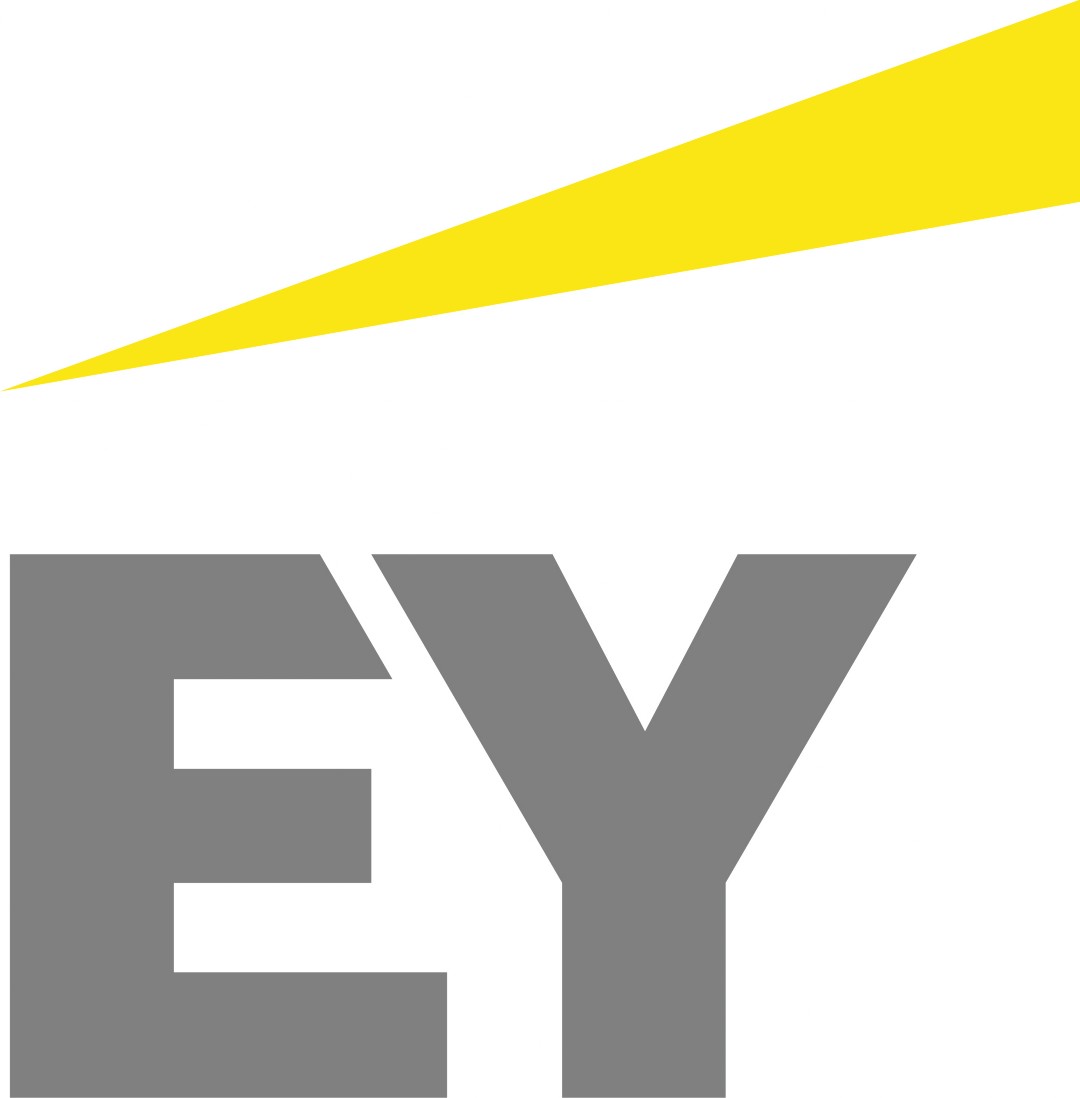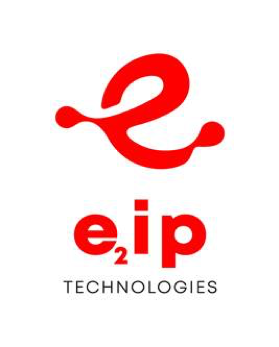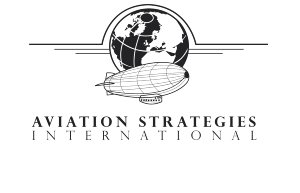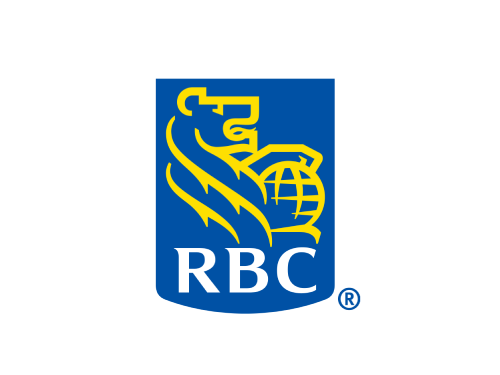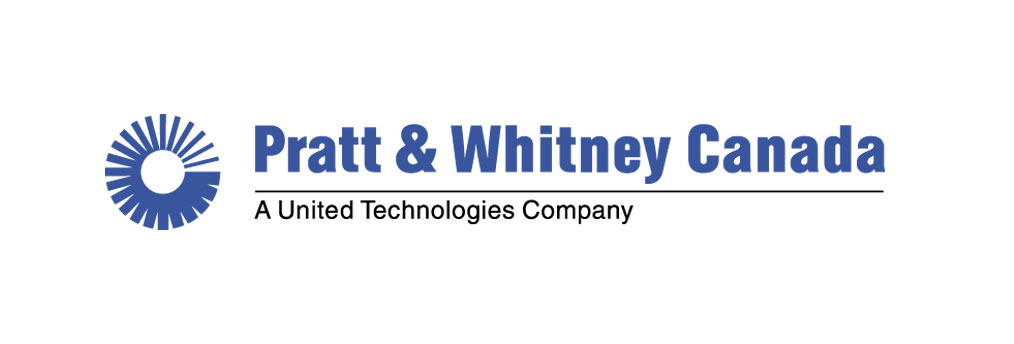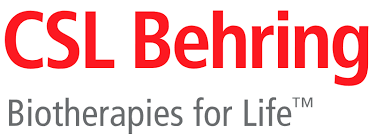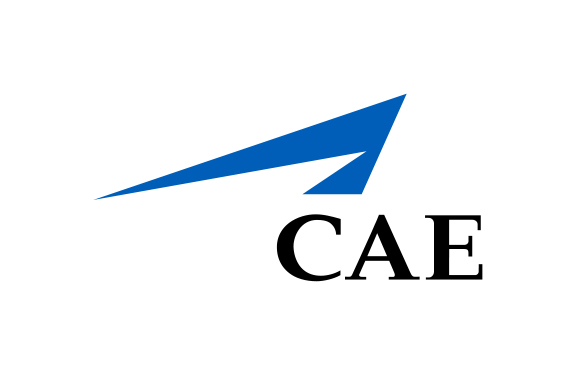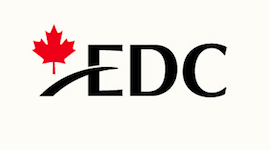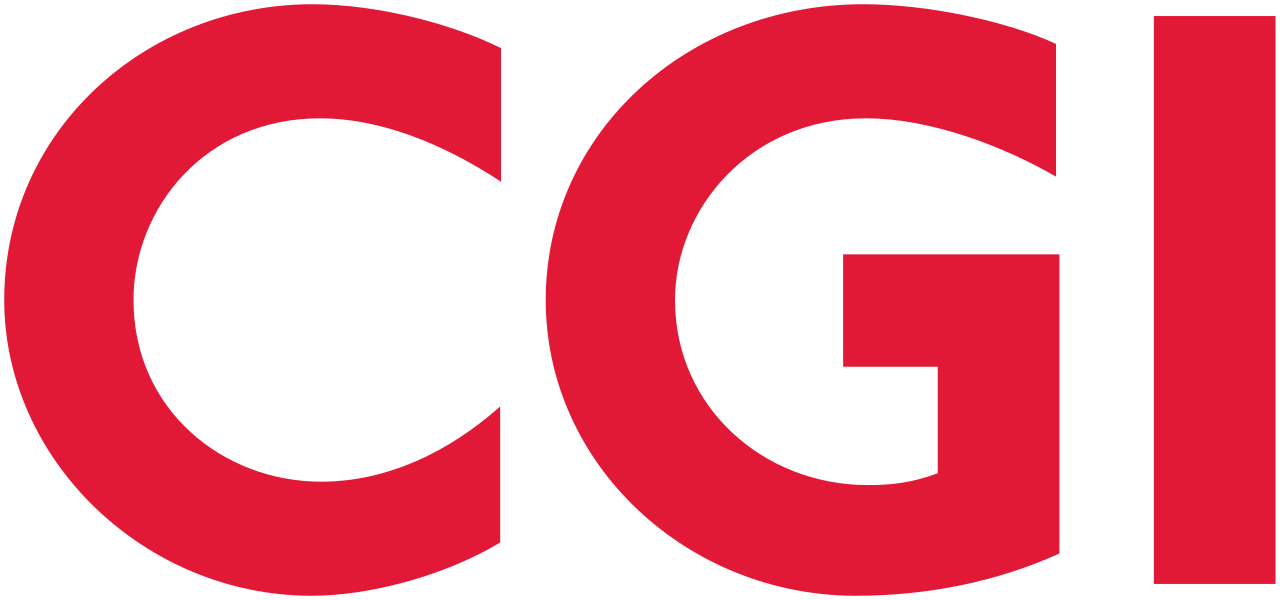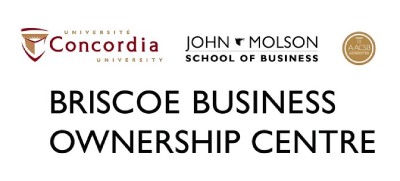McGill wins MBA Competition
[img_assist|nid=705|title=|desc=The McGill University team receives the Concordia Cup from Chancellor W. Earle McLaughlin, right, after their first place win at the MBA CASE Competition. They are, left to right, Danielle Poudrette, Barry d’Amour, Yves Cloutier and Greg Watson. (photo: Ian Westbury)|link=none|align=center|width=640|height=508]
If you had wandered into the auditorium in room 110 of the Hall Building late last Saturday afternoon, you might have thought you were at a high-powered sales gathering arranged by one of the country’s slicker corporations. A panel of serious-looking business people were sitting at tables on the stage listening to an audio-visual presentation being given by a young man wearing a pin-striped suit, white shirt and tie. Not the regular outfit of a Concordia student for Saturday afternoon.
The reason? It was the final round of Concordia’s fourth Annual MBA Case Competition. Later that evening the competition would produce three winners: McGill University in first place, University of Toronto, second, and Université de Sherbrooke, third.
Planning for this year’s competition began last August by the three organizers, final year MBA students Sabine Altier, Lisa Klein and Danielle Assayag. The cost of the competition came to nearly $40,000.
The object of an MBA Case Competition, explains Lisa Klein, is to learn how the other MBA programs across the country are developed and also to take some of the academic experience that the students have learnt and to put it into a practical setting. The 16 teams of four members each were accompanied by coaches and various supporting players; they came from as far away as Alberta and Newfoundland. The business problems, which the teams had to solve, were drawn from the annals of recent business history and were presented fresh to them. The teams had to find a practical and effective solution, which they expressed both verbally and written. This was then judged by a panel of experts drawn almost exclusively from the higher echelons of some of the country’s most prestigious corporations.
According to one of the judges, Robert Normand, Vice-President of Canadian Commercial Banking, Bank of Montreal, “The service that the competition performs can’t be understated. Businesses must often act under considerable pressure; they must reach decisions quickly… All of these features are reflected in the competition.” Few job interviews provide the depth of insight into someone’s character that the competition provides, he added.
Lisa Klein, who during the competition was offered a job helping organize the Korean Olympics, says the competition developed after some graduates of the Concordia Commerce Department became worried that the MBA program wasn’t well enough recognized outside Quebec.
“What they did was to take a similar idea which had been developed at Cornell in the States, and proposed it to the University. The administration then gave the go-ahead for the competition on the understanding that it was entirely organized and developed by the students.”, she says.
This year’s organizers had to find corporate sponsors to take care of some of the enormous costs that inevitably arise from a contest which draws participants from across the country. This year IBM, Bell Canada, Schenley’s, Coca Cola, Alcan, Pratt and Whitney and the Bank of Montreal, along with others, dipped into their corporate pockets to help out. Price Waterhouse agreed to be the official auditors of the competition.
At a banquet late Saturday evening at the Four Seasons Hotel, the chancellor of the University, W. Earle McLaughlin, announced the winners. The finalists had analyzed the organizational problems faced by Petro Canada after it acquired Petro Fina in 1981.
At the end of it all, Lisa Klein commented, “We are absolutely exhausted. If you want to really know how business works, a case competition really shows you. No food, no sleep and a lot of politics”.

